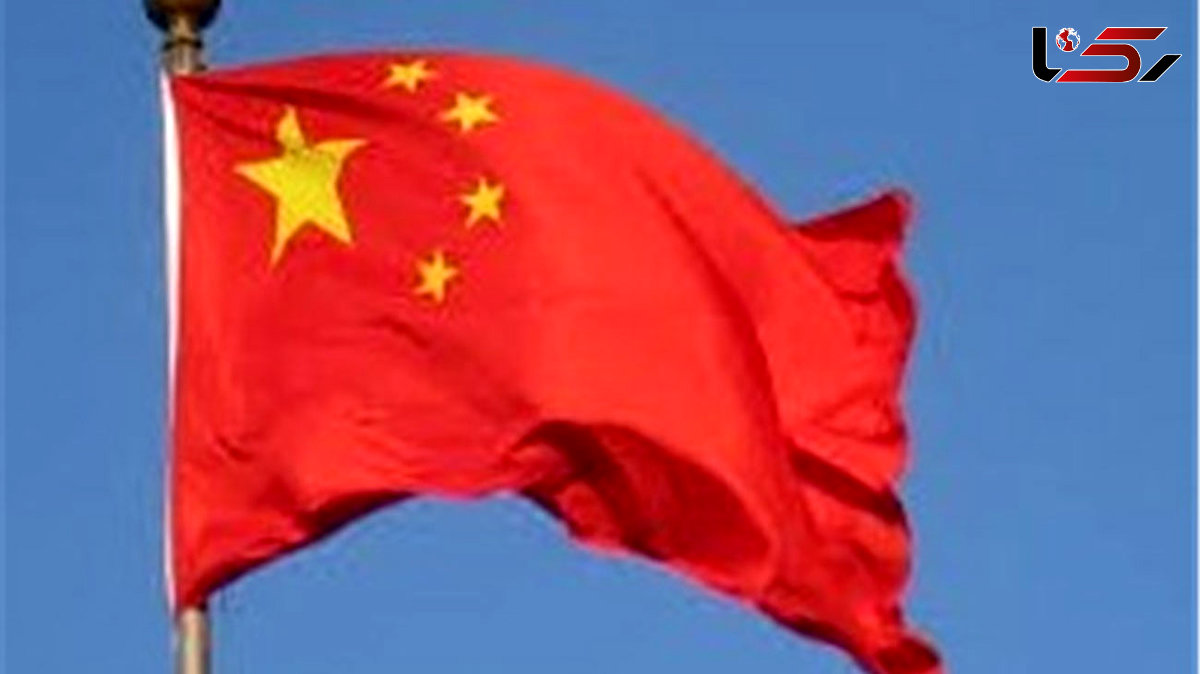China Warns Australia, Japan over 'Confrontational' New Defense Pact
Rokna: Australia and Japan will “pay a corresponding price” if their new defense pact threatens China’s security, Chinese state media warned, as Australian Prime Minister Scott Morrison insisted the deal should not cause any concerns to Beijing.

The state-run Global Times newspaper declared the new agreement “accelerates the confrontational atmosphere in the Asia-Pacific region” and was aimed against China.
Australian ministers issued fresh calls on Wednesday for dialogue with their Chinese counterparts to resolve a simmering diplomatic dispute, which has resulted in Beijing taking a series of trade actions against Australian export sectors throughout the course of the year.
The outreach comes after Morrison and his Japanese counterpart, Yoshihide Suga, announced in Tokyo on Tuesday evening that they had reached broad agreement on arrangements for troops to train on each other’s territory.
Morrison sought to head off potential reaction from China, saying the in-principle agreement showed “a significant evolution” of the relationship between Canberra and Tokyo “but there’s no reason for that to cause any concern elsewhere in the region”.
“If anything, I think it adds to the stability of the region, which is a good thing,” he said, the Guardian reported.
Morrison said both sides believed “that the economic success of China is a good thing for Australia and Japan”. He added that Australia and Japan did not see China as a strategic competitor – an outlook that differs from that of their key security ally, the United States.
The defense pact, expected to be finalized when Suga visits Australia next year, simply indicated “Australia and Japan, as liberal, market-based democracies, have a lot in common and we have strategic interests in common”.
The Global Times, however, argued the deal “provides a new lever for the US to divide Asia” and that Japan and Australia “are recklessly taking the first step to conduct deep defense cooperation that targets a third party”.
The paper said Beijing was “unlikely to remain indifferent to US moves aimed at inciting countries to gang up against China in the long run” and would inevitably take countermeasures of some form.
“We suggest Japan and Australia exercise restraint on the way to form a quasi-military alliance against China,” the Global Times said.
“They should better not create confrontations with China under the instigation of the US, or follow the US step to rope India in to contain China. They will surely pay a corresponding price if China’s national interests are infringed upon and its security is threatened.”
The reciprocal access agreement (RAA) is expected to pave the way for increased defense cooperation and joint exercises between Japan and Australia – including, potentially, in the South China Sea.
Once the RAA is finalized and then approved by Japan’s parliament, it will mark the first time in six decades that Tokyo has approved a deal permitting foreign troops to operate on its soil.
The yet-to-be-released document will clarify the legal status of the visiting force of one party in the territory of the other party. It will cover issues such as entry and departure arrangements, customs duties and taxes, and criminal jurisdiction.
But it remained unclear on Wednesday precisely how Australia and Japan had resolved a key sticking point during six years of negotiations: whether Australian troops would potentially face the death penalty if convicted of serious crimes while in Japan.
Japan’s justice system retains capital punishment for cases of multiple murder or aggravated single murder but Australia opposes the death penalty.
Australia and Japan have agreed to a mechanism to resolve the issue on a case-by-case basis, the ABC reported.
Guardian Australia understands the mechanism ensures the international legal obligations of both sides are respected, but the details will be only released after the legal text is finalized.
The president of the Law Council of Australia, Pauline Wright, said she was “concerned about the idea that it would be dealt with on a case-by-case basis”.
“What the Australian people would expect is that all of our troops are protected no matter what from the death penalty as a potential punishment,” she said.
“Australia has long opposed the death penalty, and in most of our agreements with international governments we’ve ensured that the death penalty can’t be imposed on Australians overseas in whatever capacity and we want to see that same measure apply to our troops serving overseas.”
The treasurer, Josh Frydenberg, issued a call on Wednesday for the Chinese government to agree to “respectful, mutually beneficial dialogue”.
Frydenberg said Australia was committed to maintaining a strong and productive relationship but it was natural that their “different political systems and different values means we will not always agree”.
Both countries stood to lose from a deteriorating trade relationship, he said.
The trade minister, Simon Birmingham, said Frydenberg was “reinforcing the same points that I, the prime minister and others have made time and again” about the desire for constructive dialogue.
He told Sky News “the ball is very much in China’s court” in terms of responding to the request for talks.
China’s foreign ministry rejected that view on Tuesday, saying the responsibility for the rift in relations “doesn’t lie with China at all” and it was up to Australia to take steps to increase mutual trust.
Zhao Lijian, the foreign ministry spokesperson, said some people in Australia with “Cold War mentality and ideological prejudice” had taken “a series of wrong moves related to China”.
He cited the Australian government’s comments on Hong Kong, Xinjiang and Taiwan, its early moves to ban Chinese telco Huawei from the 5G network, its accusations against China of foreign interference in Australia, and its forthright public call for a global inquiry into the Covid-19 origins.
The Morrison government has repeatedly said it will “stand firm” in protecting Australia’s national interests and speaking up for its values.

Send Comments